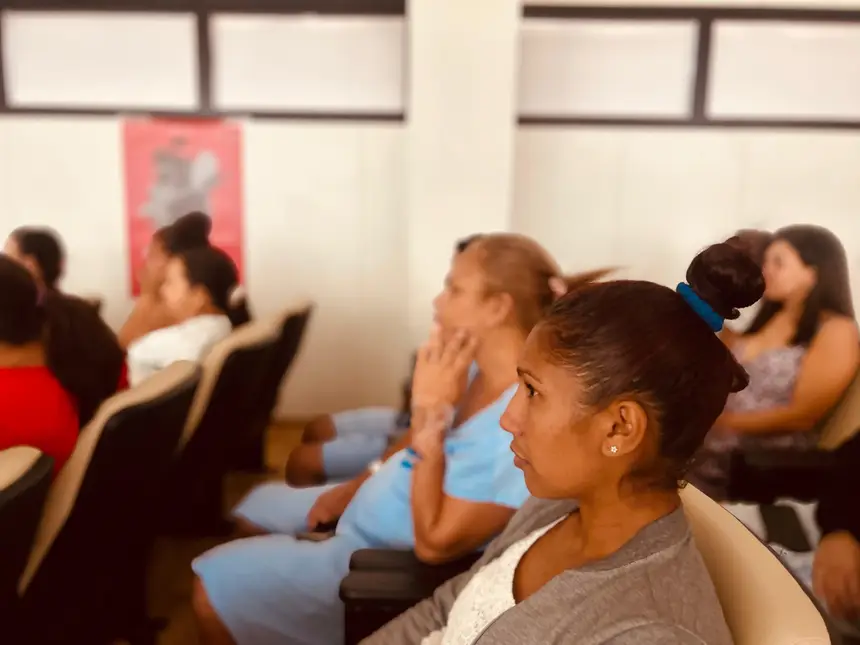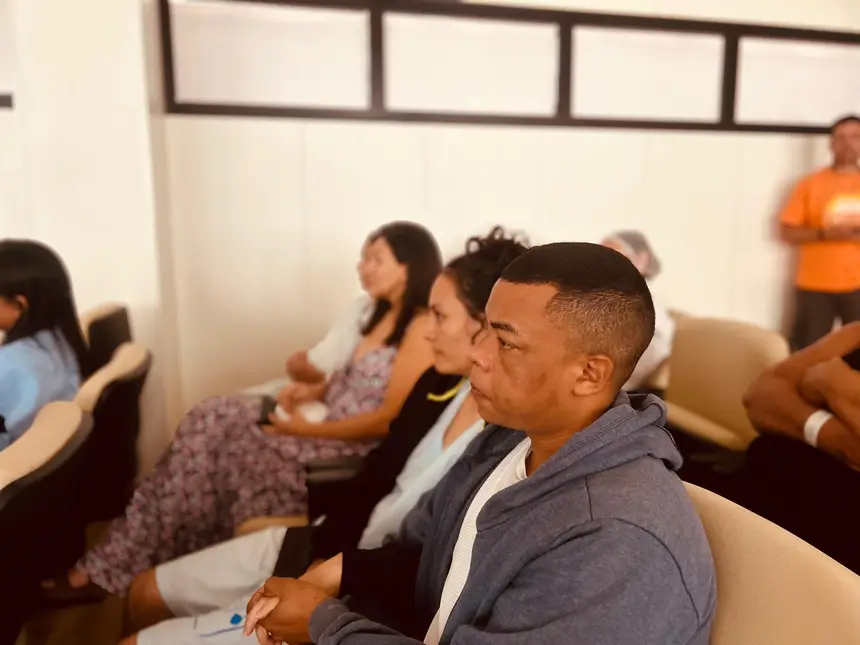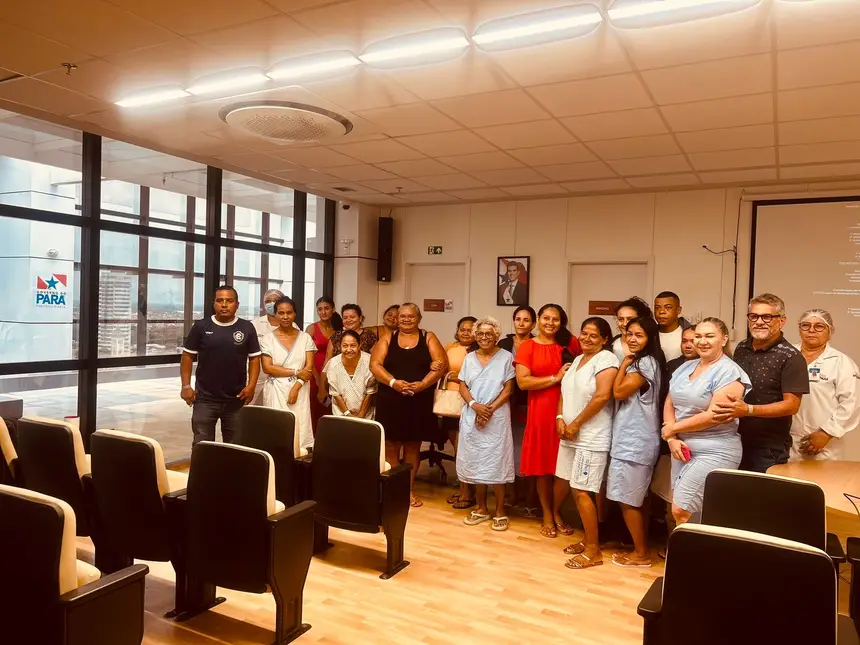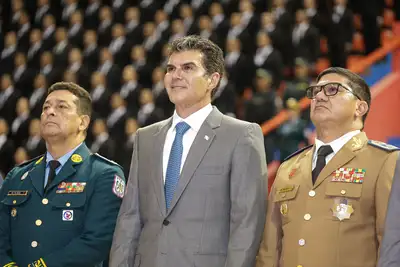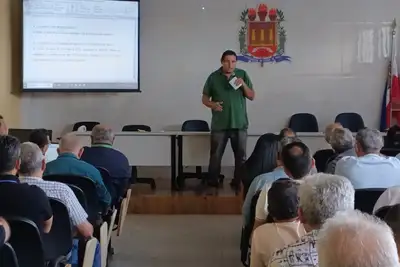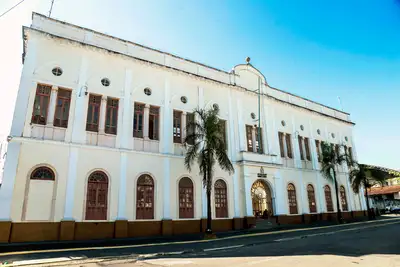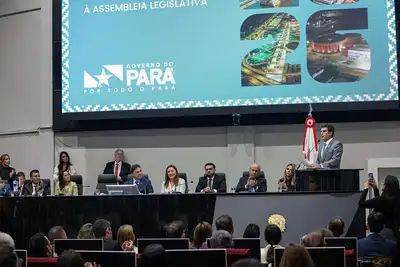Hospital da Mulher do Pará offers patients a free movie session
Brazil's first solar-powered mobile cinema has arrived at the health unit, reinforcing humanization actions and promoting access to culture and entertainment
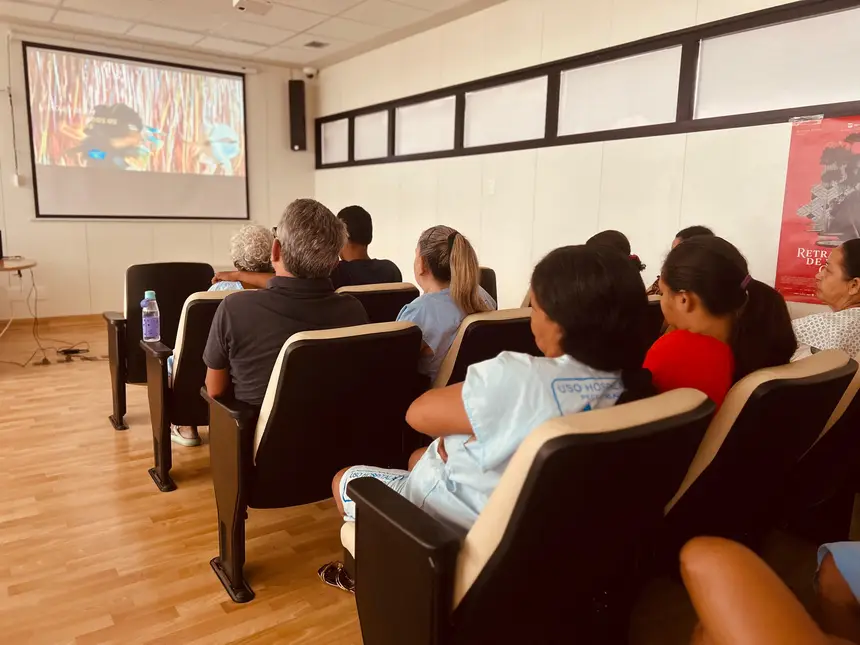
Patients from the Hospital da Mulher do Pará (HMPA) participated, this Tuesday (23), in an extra and free session of CineSolar, Brazil's first solar-powered mobile cinema. The program took place in the auditorium of the health unit in Belém, with popcorn distributed to accompany the screening, ensuring moments of leisure and relaxation for the hospitalized patients.
CineSolar holds free screenings of films with the aim of expanding access to audiovisual productions, promoting social inclusion, and disseminating solar energy generation technology.
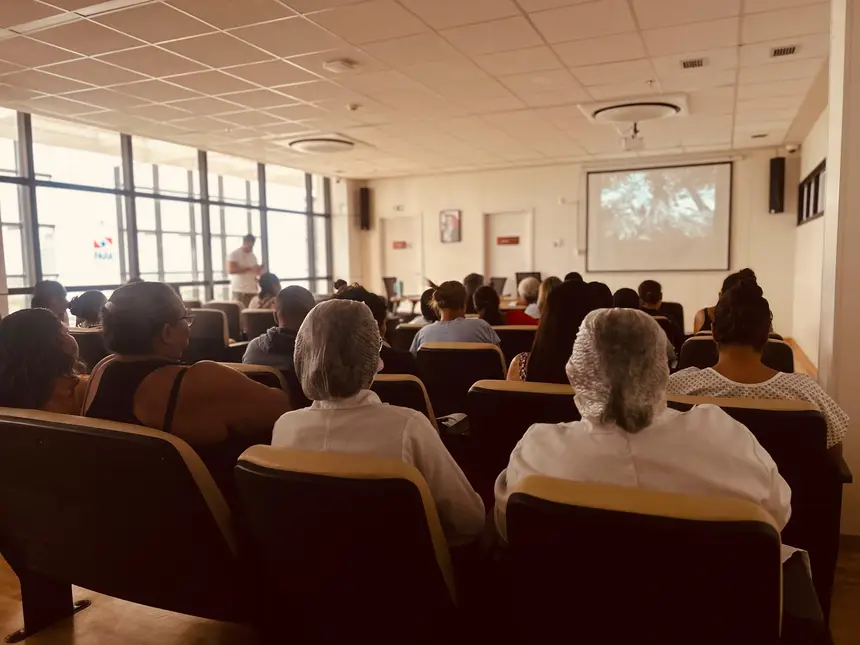
For the patients, the activity was an opportunity to relax amidst treatment. Aline Sales Coutinho, 50, a teacher from Monte Alegre, a municipality in western Pará, who is hospitalized for gallbladder surgery, emphasized the importance of the moment. “I found it very interesting. It’s a moment to relax because we are going to undergo a surgical procedure and there comes that tension, the anxiety. It was very good to watch the movie. I had never seen anything like this inside a hospital. We had fun and learned about the culture of the characters and the places that the film portrayed well. The hospital deserves congratulations,” said Aline.
Housewife Maria de Fátima Malheiro, 53, from Limoeiro do Ajuru, northeastern Pará, also approved of the experience: “I thought it was nice to distract my mind a little. I loved this moment,” she declared.
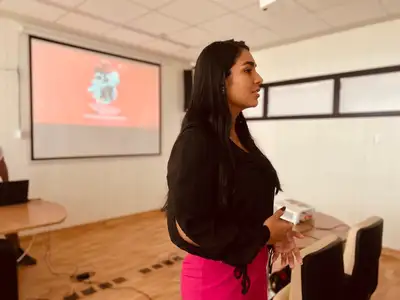
The administrative director of HMPA, Rayssa Werneck, highlighted the importance of the initiative. “Bringing CineSolar into the hospital is a way to care for patients beyond medical treatment. It is to offer culture, well-being, and moments of lightness, which are part of the humanization process of care,” she emphasized.
Sustainable project - The 9th edition of CineSolar is made possible by the Rouanet Law, Incentive for Cultural Projects, sponsored by Banco BV and supported by the Government of Pará, through the State Department of Public Health (Sespa) and Usina da Paz, and the Instituto Acqua, which manages the health unit. The realization is by Brazucah Produções and the Federal Government, via the Ministry of Culture.
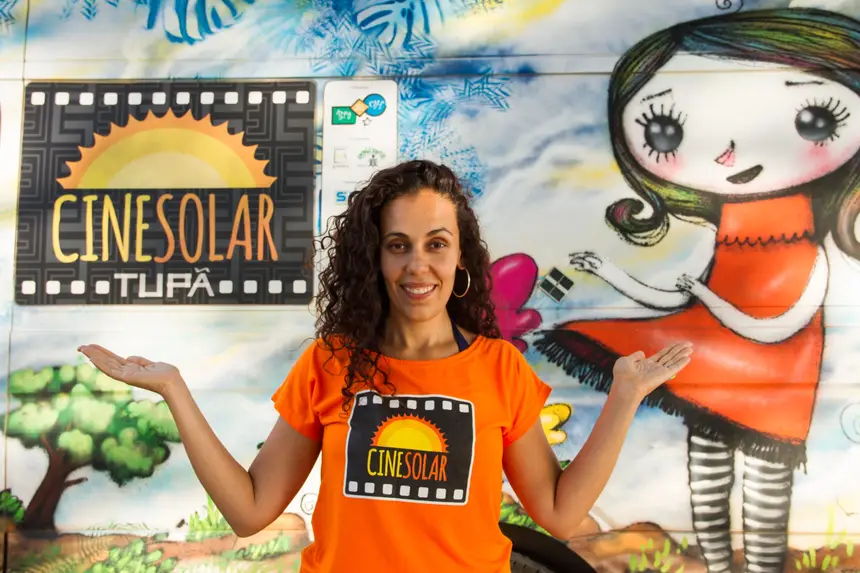
The highlight of the project is the van, transformed into a mobile station, which carries the cinema and promotes sciences, arts, technology, sustainability, and a culture of peace. Adapted with photovoltaic panels on the roof, the vehicle is equipped with sound, projection, and energy systems, as well as decoration with recycled materials and interactive objects that teach, in a playful way, how sunlight is transformed into electrical energy.
“CineSolar operates with the desire to democratize access to cinema and culture for people who often do not have this opportunity. More than just screening films, we want to offer an experience that unites art, education, and sustainability, awakening imagination and showing that culture can and should reach everyone, anywhere. In this year of 2025, the idea is to promote our actions in activities that align with COP30 (the global conference on climate change),” highlighted Cynthia Alario, the project's creator.
Humanization - The action also integrates the activities of the Humanization Sector of HMPA, which seeks to reinforce comprehensive care for patients. “The goal is to ensure that patients receive the necessary support, integrating sectors such as nursing, nutrition, psychology, social service, and physiotherapy. In addition to cinema, we are implementing projects such as chaplaincy, lectures, self-care actions, and sustainability,” said Priscilla Gonçalves, Humanization analyst at the hospital.
Social worker Suellen Alves added that the Social Service Sector monitors this interaction and works in mediation, so that everyone feels well in the hospital environment. “In the film sessions, for example, we seek those that highlight Brazilian cinema, valuing what is ours and, above all, promoting a bit of fun as a measure of well-being, humanization of care, and comprehensive protection of patients and companions,” she informed.


